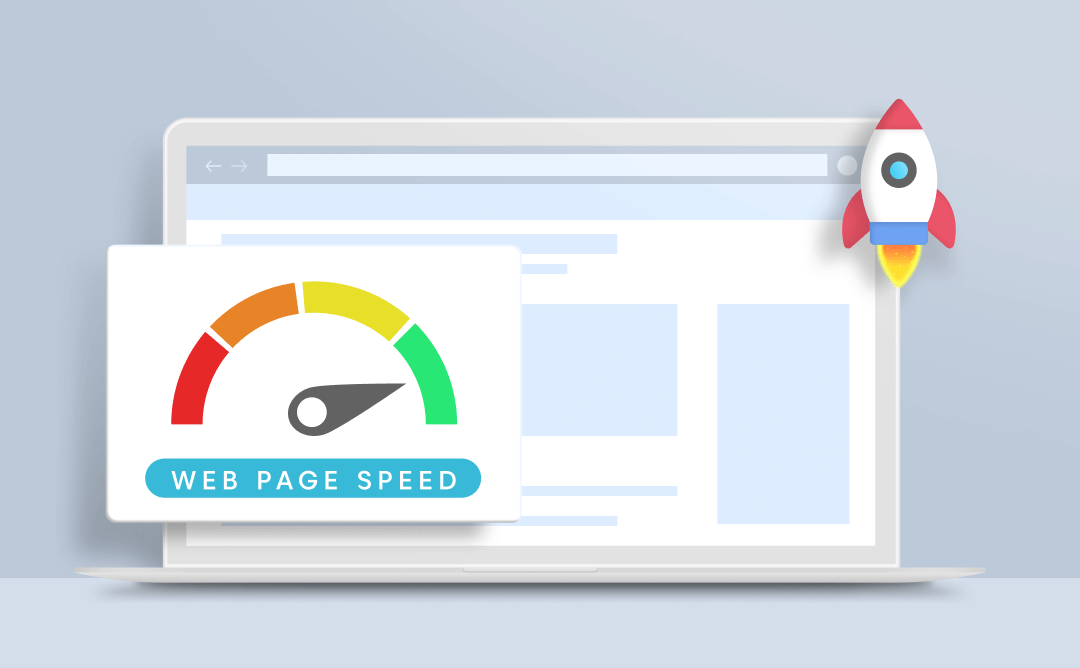Hey there! Let’s talk about something that can make or break your website like its loading speed. You’ve probably been on a site that took forever to load, right? Frustrating, isn’t it? You likely clicked away, muttering, “Ain’t nobody got time for this.” Well, if your website is slow, your visitors are probably doing the same thing. Let’s change that!
Why Slow Loading is a Big Deal
Here’s the thing: people expect speed. If your site is sluggish, you’re not just losing patience you’re losing visitors, sales, and even your Google ranking.
Let’s break it down:

Visitors get annoyed.
Studies show most people bail if a site takes longer than 3 seconds to load. Yep, three seconds is all you’ve got.
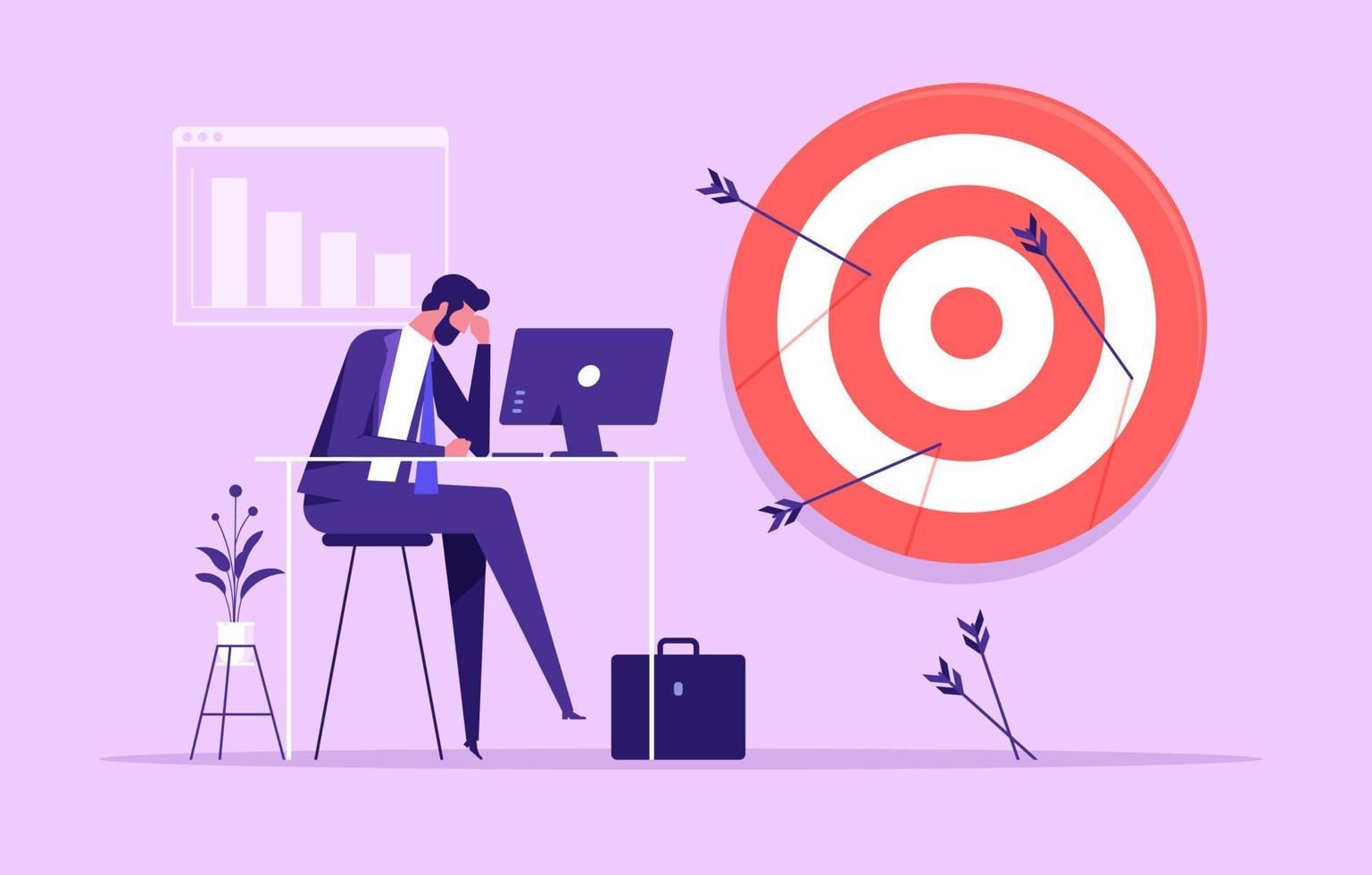
Opportunities fly out the window.
Imagine someone’s ready to buy your product, but they leave because your site’s dragging. That’s money left on the table.
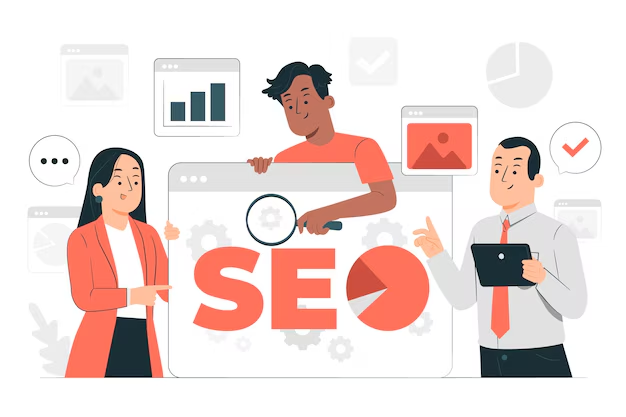
Google notices.
Search engines, especially Google, favor fast sites. If yours is slow, your ranking and visibility takes a hit.
Picture This
Let’s say you run a cute online boutique. You’ve got gorgeous photos of your products, but you’ve uploaded them without resizing or compressing them. Each image is massive. Now, your site takes 10 seconds to load. What happens? Visitors give up before they even see your fabulous items. No sales. No love. Just a missed opportunity.
So, What Can You Do?
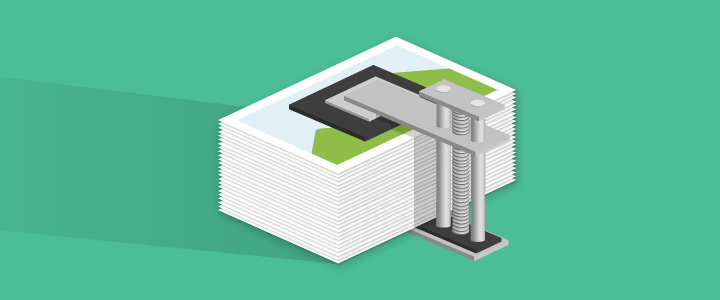
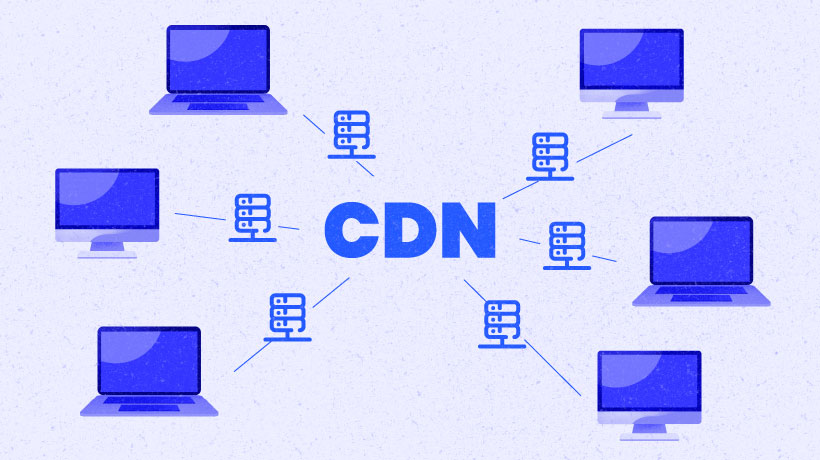
Compress Your Images.
Tools like TinyPNG or ImageOptim can shrink those big files without losing quality. It’s like magic!
Use a CDN (Content Delivery Network).
Think of a CDN as a helpful friend who stores your site’s files in multiple places around the world. It makes your site load faster for everyone, no matter where they are.
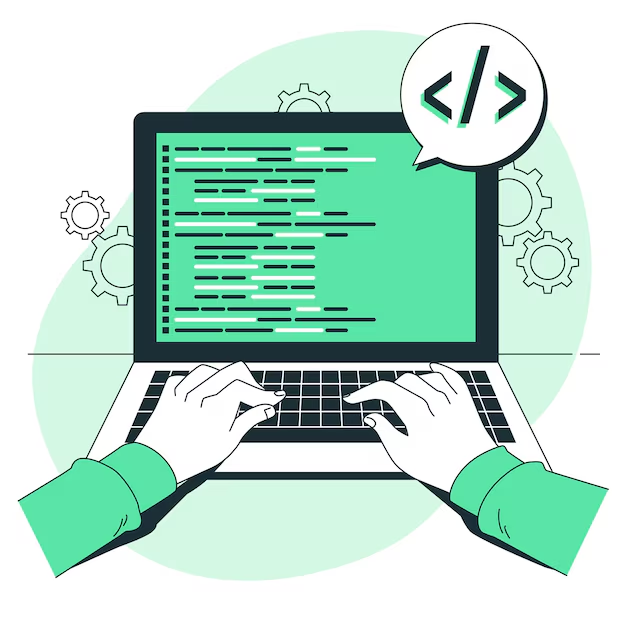

Optimize Your Code.
Got a lot of unnecessary stuff in your HTML, CSS, or JavaScript? Clean it up by “minifying” those files.
Pick the Right Host.
Cheap hosting might save you money, but it can cost you in speed. Invest in a hosting provider with solid performance.
Why It’s Worth It?
When your site loads fast, everyone wins. Visitors stay longer, explore more, and here’s the kicker are more likely to buy something. Plus, search engines reward you with better rankings.
So, what do you think? Ready to make your website faster? Let’s get those pages loading in the blink of an eye!
Frequently Asked Questions
What is considered a slow website loading speed?
A website is generally considered slow if it takes more than 3 seconds to load its content. Studies show that user satisfaction decreases significantly with each additional second of loading time.
How do slow loading speeds affect my website's SEO?
Search engines like Google prioritize websites with faster loading speeds, as they provide a better user experience. A slow-loading website can lead to lower search engine rankings, reducing your visibility online.
What are the main causes of slow loading speeds?
Common causes include:
- Uncompressed or large image files
- Poor server performance or hosting
- Excessive use of heavy scripts or unoptimized code
- Lack of caching or use of outdated technology
How can I test my website’s loading speed?
You can use tools like Google PageSpeed Insights, GTmetrix, or Pingdom to analyze your website’s speed and identify areas for improvement.
What is a CDN, and how does it improve loading times?
A Content Delivery Network (CDN) is a network of servers distributed globally that store copies of your website’s files. When visitors access your site, the CDN serves files from the server closest to them, reducing loading times.
Can switching web hosts improve my website’s speed?
Yes, choosing a reliable web host with good server performance can significantly improve your website’s loading speed. Look for hosts that offer fast SSD storage, caching, and high uptime guarantees.

